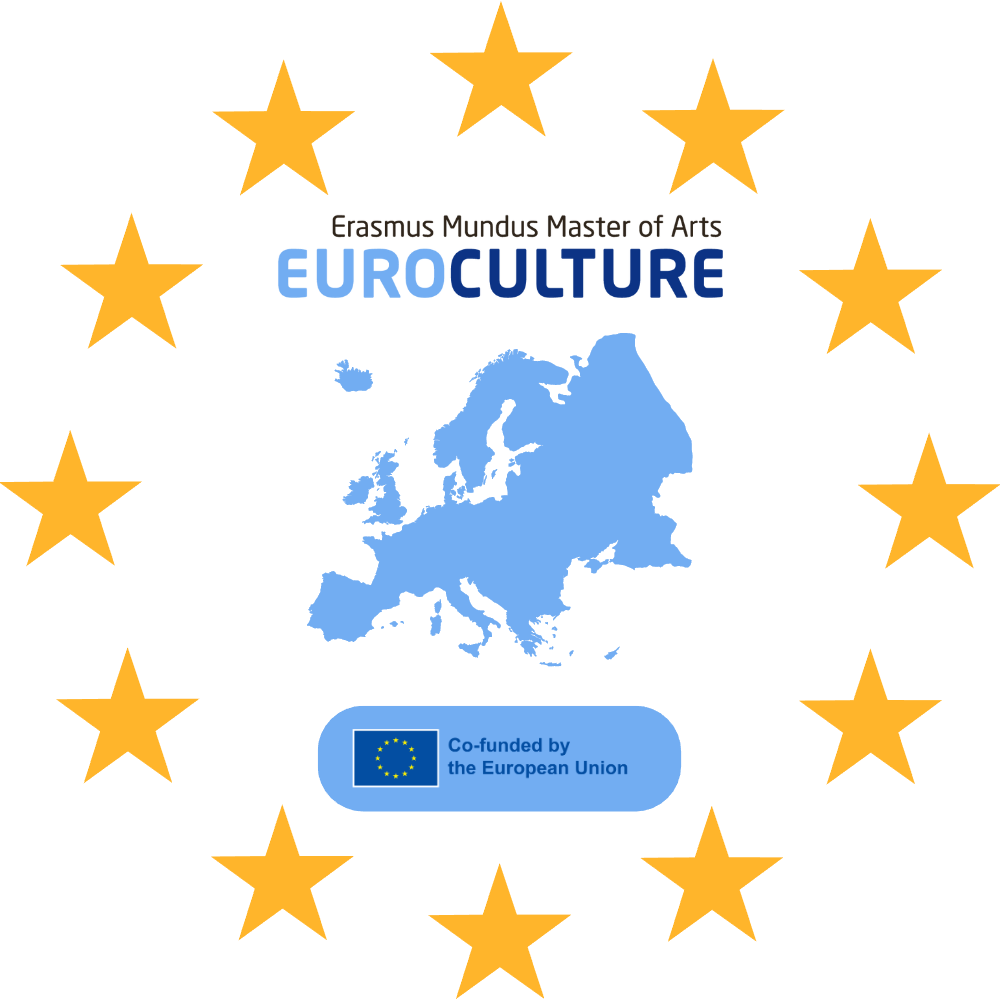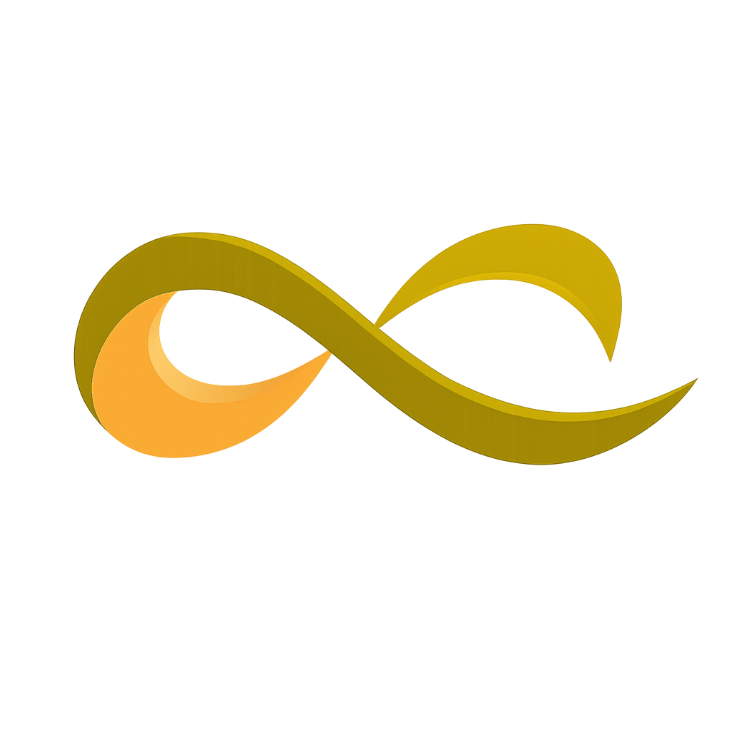
Subtheme 2
Creativity: Arts and Cultural Analysis
Culture is a meaning-making process and has, historically, been central to shaping the imaginaries through which ‘Europe' has been imagined and practiced. Creative and aesthetic practices within this cultural field represent these imaginaries ambivalently: at times reproducing dominant (or hegemonic) socially-shared understandings of Europe, and at times contesting and reconfiguring them (Fornas 2012, 2017; Raud 2016). Creativity marks the moment when this meaning-making exceeds reproduction or repetition: when imagination generates new forms, relations, and possibilities. Cultural imaginaries, therefore, not so much mirror the world ‘as is’ but 'create' (more or less) coherent 'as if' and ‘what if’ worlds by means of aesthetic practices that offer us the forms and narratives through which society is imagined, visualized and negotiated. These imaginaries can both reproduce the status quo, and/or enable us to think ‘otherwise’ (Appadurai 1990).
Through the centuries, the public circulation of such cultural texts has enabled the “meaning" of Europe to be examined, analysed, contested, and redefined. If, in the past, institutions such as museums, archives, and artistic and cultural canons sought to consolidate European (and national) identity by curating its past (Bennett 1995), today artistic and cultural practices also rework the culture archive as part of ‘future-making’. By tapping into Europe’s past and present and by considering heritage to be a valuable resource, artists and creatives explore possible forms of (trans) European belonging by means of techniques such as speculation, glitching, and scenario building to reconfigure existing but problematic (because exclusionary, or limited) imaginaries about Europe and Europeans in rapidly changing social contexts marked by migration, digital mediation, climate catastrophe, and political realignment. As Huber and Funk (2017) observed, early twenty-first century cultural production sought reconstruction, an effort to move beyond postmodern scepticism through renewed attention to meaning, affect, and intersubjectivity. Yet, in the current moment, this reconstructive impulse has moved further: under pressure of ecological crisis, digitisation, artificial intelligence, and decolonial critique, cultural practices increasingly frame reconstruction as an ongoing process of repair, unlearning, and re-relation, in which imaginaries and creativity serve as tools to rebuild connection and rethink Europe’s shared futures (Azoulay 2019; Mbembe 2020).
Practically, this sub-theme invites participants to explore and rehearse creativity as a method of future-making. Drawing on heritage, the imagination, and speculation, participants can explore how aesthetic and cultural practices have been and are being used to prototype and rehearse alternative Europes. Students may analyse how works of art, design, performance or literature engage with Europe’s past, present and possible future(s) to speculate on what it could yet become, how these cultural practices mobilise heritage, technology and/or activism as tools for future-thinking. Possibilities for this sub-theme include studies or analysis of speculative art, heritage- and archived based reimaginings, or narratives that reconfigure dominant imaginaries of Europeanness. In studying these cultural practices, participants are invited to trace how the imagined world ‘as if’ interacts with the world ‘as is’, that is to say: how speculative ‘what if’ propositions generated by aesthetic practice reflect on and reimagine Europe’s lived realities.
By approaching creativity as both object and method of inquiry, this sub-theme positions Europe as a cultural project permanently in rehearsal. Students are encouraged to combine critical theory with close (textual, thematic, discursive, content) analysis to trace how imagination functions as an infrastructural force in cultural texts and practices, and to argue how such creativity help us think (about) Europe’s futures more reflexively and inclusively.
Reading list for subtheme 2
Appadurai, Arjun (1990). “Disjuncture and Difference in the Global Cultural Economy.” Theory, Culture & Society 7, no. 2-3: 295-310.
Azoulay, Ariella Aïsha (2019). Potential History: Unlearning Imperialism. London: Verso Books, p. 1-30
Hawkins, Harriet (2025). “Cultural Geographies III: What If …? Imagination, Worldly Relations and Doing Research Otherwise.” Progress in Human Geography 49, no. 3: 332-340
Holtorf, Cornelius and Annalisa Bolin (2022). “Heritage Futures: A Conversation.” Journal of Cultural Heritage Management and Sustainable Development 14, no. 2: 252-265
Mbembe, Achille (2021). Out of the Dark Night: Essays on Decolonization. New York: Columbia University Press, p. 223-230




